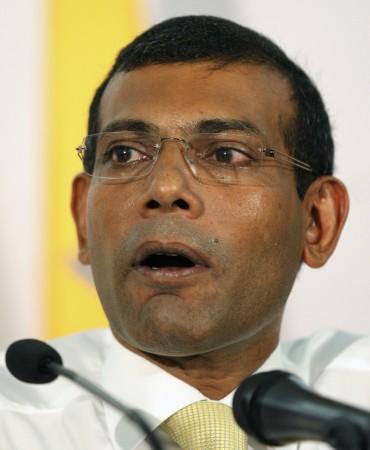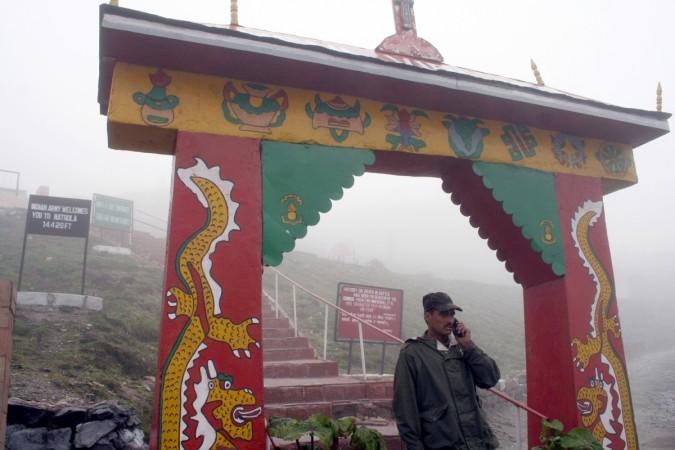As the Doklam standoff at the India China border in Sikkim enters the third month, numerous nations around the world have said that the two Asian neighbours must work out the differences through a strategic dialogue soon. However, Japan became the first country to speak up in favour of India and said that it has been following the situation closely.
Now, Maldives has spoken out in favour of India saying that the tropical country and its people support India in the Doklam standoff as Male believes that New Delhi is its close neighbor and will also help Maldives in times of trouble.
"We should take sides and we are taking sides. If I am supporting India in its current crisis, it is in my own interest as neighbour like India supports in times of crises including natural disasters and requirements like supply of water," former president and principal Opposition leader of the island nation Mohamed Nasheed told the Economic Times.

"Maldives and India have lived with each for thousands of years. It is wrong for China to suddenly splash money and ask for support."
Nasheed is currently on a trip to India, where he also spoke about Chinese loans for infrastructure projects and how they have been hampering the island nations' debt situation. He explained that 75 percent of Maldives' debt was to China.
"Many of these projects resulted in massive corruption...compared to China lines of credit offered by India are reasonable and proper tendering process is followed before contract is extended to a particular business firm for a project. This has been my experience when I was in power," he added.
The former president also hinted that many Chinese projects would be closed in case the Opposition came to power in the country.
Not just India-China ties in Doklam, Nasheed also spoke about the political situation in his own country and said that President Abdulla Yameen's government could fall any time as the citizens had lost confidence.
"But the Opposition will not stage a coup to take over power. We have faith in the democratic process and would work to strengthen democracy in Maldives."
Now, it remains to be seen how China responds to Maldives' support to India, as it had earlier lashed out at Japan for favouring India in the Doklam standoff.
The Japanese ambassador in India Kenji Hiramatsu had earlier backed India in the Doklam standoff and told the media: "We understand that the standoff in the Doklam area has been ongoing for nearly two months. As it can affect the stability of the entire region, we have been watching the situation very closely.

"We also understand that India has a treaty understanding with Bhutan, that's why Indian troops got involved in the area."
After this statement, Beijing has asked Tokyo not to make "random comments" on the issue. The Chinese foreign ministry has warned Japan to get its facts clear before commenting on the Doklam issue. Hua Chunying, China's foreign ministry spokesperson, said on Friday that "the Japanese ambassador in India might really want to back India, but I want to warn him not to speak carelessly before he is fully aware of the facts," according to the Global Times.
In tune with what China has been saying for about two months now, Hua explained that Doklam is not something anyone should have doubts over "as both China and India have recognized and adhered to the delimited China-India border in Sikkim for 127 years. It is India that has crossed the border illegally to create issues and change the status quo, not China."
Later, it had also expressed doubts over Japanese PM Shinzo Abe's India visit in September and said that this was Tokyo's way of confronting Beijing as India and Japan apparently see China as a "common opponent."

















